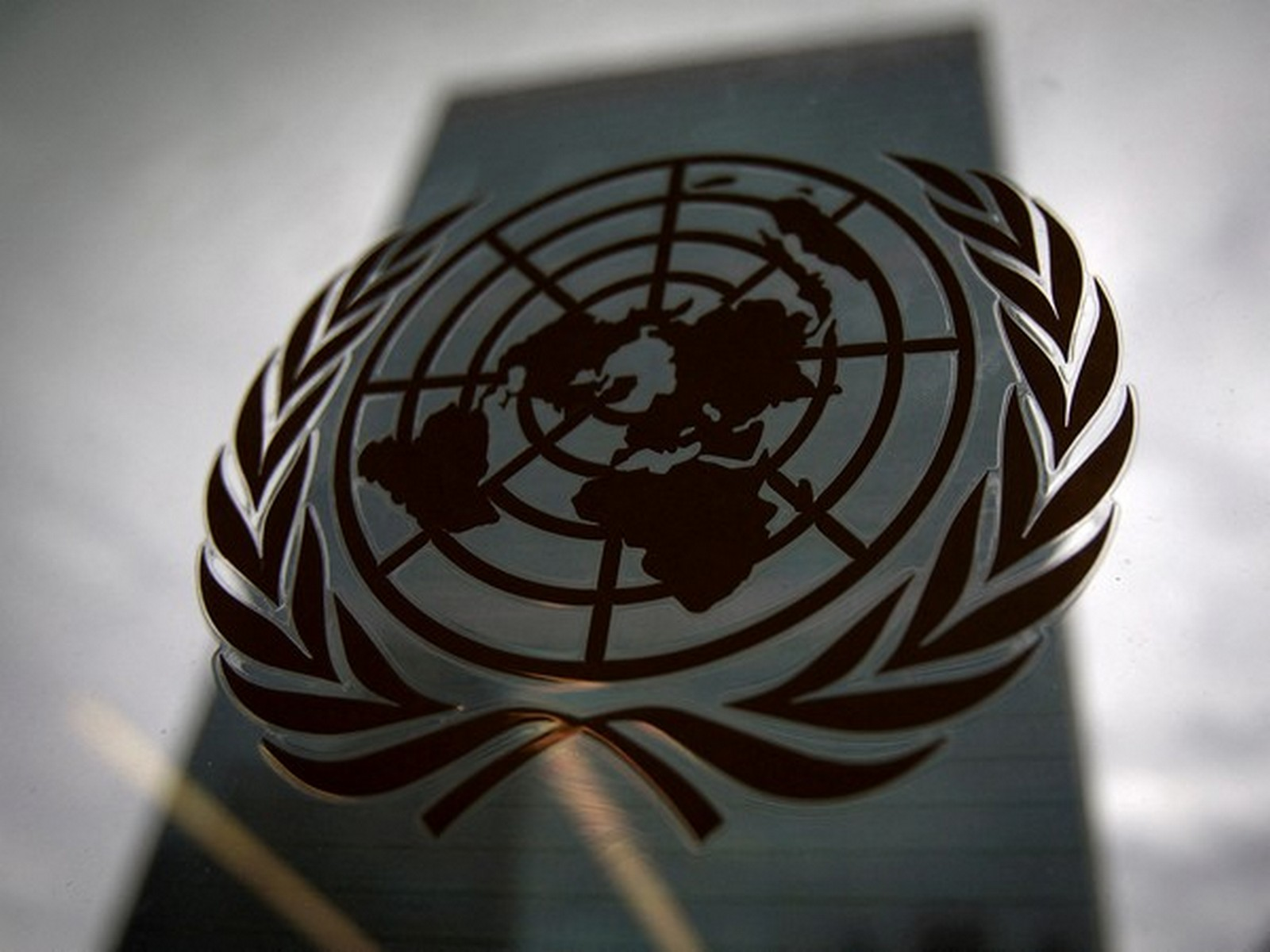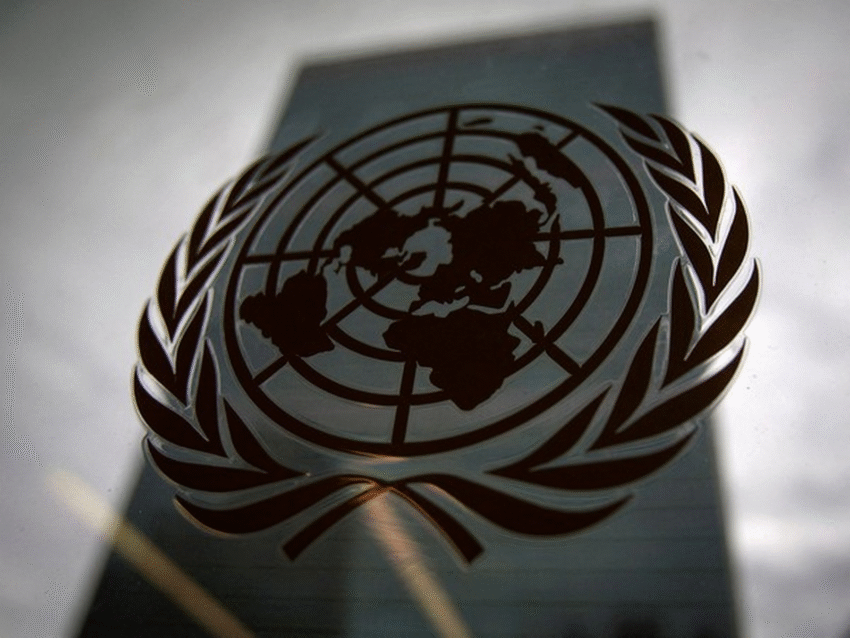
Dharamshala (Himachal Pradesh) [India], October 1 (ANI): The United Nations Special Rapporteur on Cultural Rights has raised serious concerns over the erasure of the word Tibet from French museum collections, cautioning that the replacement with Beijing-endorsed terms such as “Xizang” and “Himalayan World” undermines Tibetans’ cultural heritage and right to identity, the UN official warned that such shifts align directly with China’s political agenda, as reported by Phayul.
According to Phayul, the controversy centres on two major French institutions, the Musee du quai Branly and the Musee Guimet, both of which adopted Chinese-preferred nomenclature in their Tibetan exhibits.
In 2023, Beijing’s State Council Information Office issued a series of white papers promoting the use of “Xizang” in place of “Tibet” the latest titled CCP Policies on the Governance of Xizang in the New Era: Approach and Achievements.
A coalition of Tibetologists and sinologists publicly criticised the museums in September 2024 for bowing to Chinese pressure and distorting Tibet’s history.
The backlash sparked demonstrations, open appeals to French officials, and calls for accountability. Facing mounting opposition, the Musee du quai Branly eventually restored the use of “Tibet” in its catalogues and labels. However, Yannick Lintz, director of the Musee Guimet, has resisted renaming its “Himalayan World” exhibition, insisting on keeping the Chinese-influenced designation.
Tibetan groups in France, including Students for a Free Tibet (SFT) France, France Tibet, Association Lions des Neiges Mont-Blanc, and the Tibetan Community of France, have staged weekly sit-ins outside the Musee Guimet while pursuing legal action.
Their complaint targets Lintz, Culture Minister Rachida Dati, and Foreign Affairs Minister Jean-Noël Barrot. “Losing our name in cultural spaces is another form of violence; it erases us where we should be most visible,” SFT France president Tenzin Yangchen stated, as cited by Phayul.
The dispute has resonated beyond France. Earlier this year, the British Museum faced criticism for describing exhibits as part of the “Xizang Autonomous Region.”
Following weeks of protest, it reverted to “Tibet Autonomous Region” in February 2025. Activists argue this still echoes China’s narrative and fails to recognise Tibet’s broader historical identity, as reported by Phayul. (ANI)


